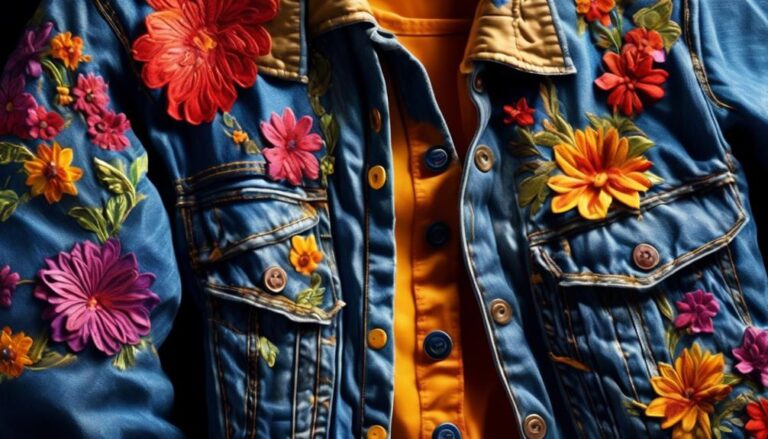In the heart of Tamil Nadu, nestled along the banks of the Cauvery River, lies the enchanting city of Erode. This region is not only known for its historical significance but also for a centuries-old tradition that has woven its way into the cultural fabric of South India – the Erode Southern Cotton Sarees. These sarees stand as a testament to the rich heritage and skilled craftsmanship that has been passed down through generations.
Historical Roots:
The history of Erode cotton sarees dates back to ancient times, with references found in historical texts and scriptures. The weavers of Erode, known for their artistic prowess, have been creating these exquisite sarees for centuries. The craft has been refined over time, preserving its authenticity and traditional charm.
Distinctive Features:
Erode Southern Cotton Sarees are renowned for their unique characteristics that set them apart in the world of traditional Indian textiles. The use of pure cotton, locally sourced from the fertile lands surrounding the city, lends a soft and comfortable feel to the sarees. The lightweight nature of these sarees makes them ideal for the warm and humid climate of the region.
The weaving process involves intricate designs and patterns, often inspired by nature, mythology, and religious motifs.
Traditional handloom techniques are employed, ensuring that each saree is a work of art, meticulously crafted by skilled artisans. The vibrant and contrasting color combinations add to the visual appeal, making these sarees a popular choice for various occasions.
Artisans and Weaving Clusters:
Erode is home to a community of dedicated artisans and weavers who have dedicated their lives to the art of saree weaving. The city boasts several weaving clusters where these talented craftsmen work tirelessly to produce sarees that carry the essence of South Indian culture. These clusters not only contribute to the economy of the region but also serve as centers for the preservation and promotion of this traditional craft.
Economic Significance:
The weaving industry in Erode plays a crucial role in the economic landscape of the region. It provides employment opportunities for a significant portion of the local population, particularly in rural areas. Many families have been involved in the weaving profession for generations, passing down the skills and techniques from parents to children. The economic significance of Erode Southern Cotton Sarees extends beyond the city, as they are sought after by customers across the country and even internationally.
Revival Efforts:
In recent years, there has been a renewed interest in traditional handloom sarees, and Erode Southern Cotton Sarees have experienced a revival. This resurgence can be attributed to increased awareness of the cultural and environmental significance of handmade textiles. Efforts by government organizations, non-profits, and passionate individuals have been instrumental in promoting and preserving this ancient craft.
Challenges Faced:
Despite the revival, Erode’s weaving community faces several challenges. The advent of power looms and the production of mass-produced synthetic sarees have posed a threat to the traditional handloom industry. Additionally, the younger generation often seeks alternative employment opportunities, leading to a decline in the number of skilled artisans practicing this craft.
Sustainable Practices:
In response to the environmental concerns associated with the textile industry, many weavers in Erode are adopting sustainable practices. From using organic dyes to promoting eco-friendly manufacturing processes, there is a growing commitment to reducing the environmental impact of saree production. This not only aligns with global trends toward sustainable fashion but also ensures the longevity of the craft for future generations.
Contemporary Adaptations:
While preserving the authenticity of Erode Southern Cotton Sarees, artisans are also embracing contemporary designs to cater to evolving consumer tastes. The integration of modern elements into traditional patterns has expanded the appeal of these sarees, making them suitable for a wide range of occasions, from weddings to casual gatherings.
Promotion and Global Recognition:
Efforts to promote Erode Southern Cotton Sarees on a global scale have gained momentum. Participating in international exhibitions, collaborating with designers, and leveraging digital platforms have helped showcase the beauty and cultural significance of these sarees to a broader audience. As a result, there has been an increase in demand from customers around the world who appreciate the artistry and craftsmanship behind each saree.
Conclusion:
At Hurryguru India, Erode Southern Cotton Sarees stand as a symbol of a timeless tradition that has weathered the tides of history. From the skilled hands of artisans to the cultural significance woven into each thread, these sarees are not just pieces of clothing but living artifacts that connect the past with the present. As we navigate the complexities of a modern world, the preservation and promotion of Erode’s weaving heritage remind us of the importance of honoring our roots and embracing the beauty of tradition.

















